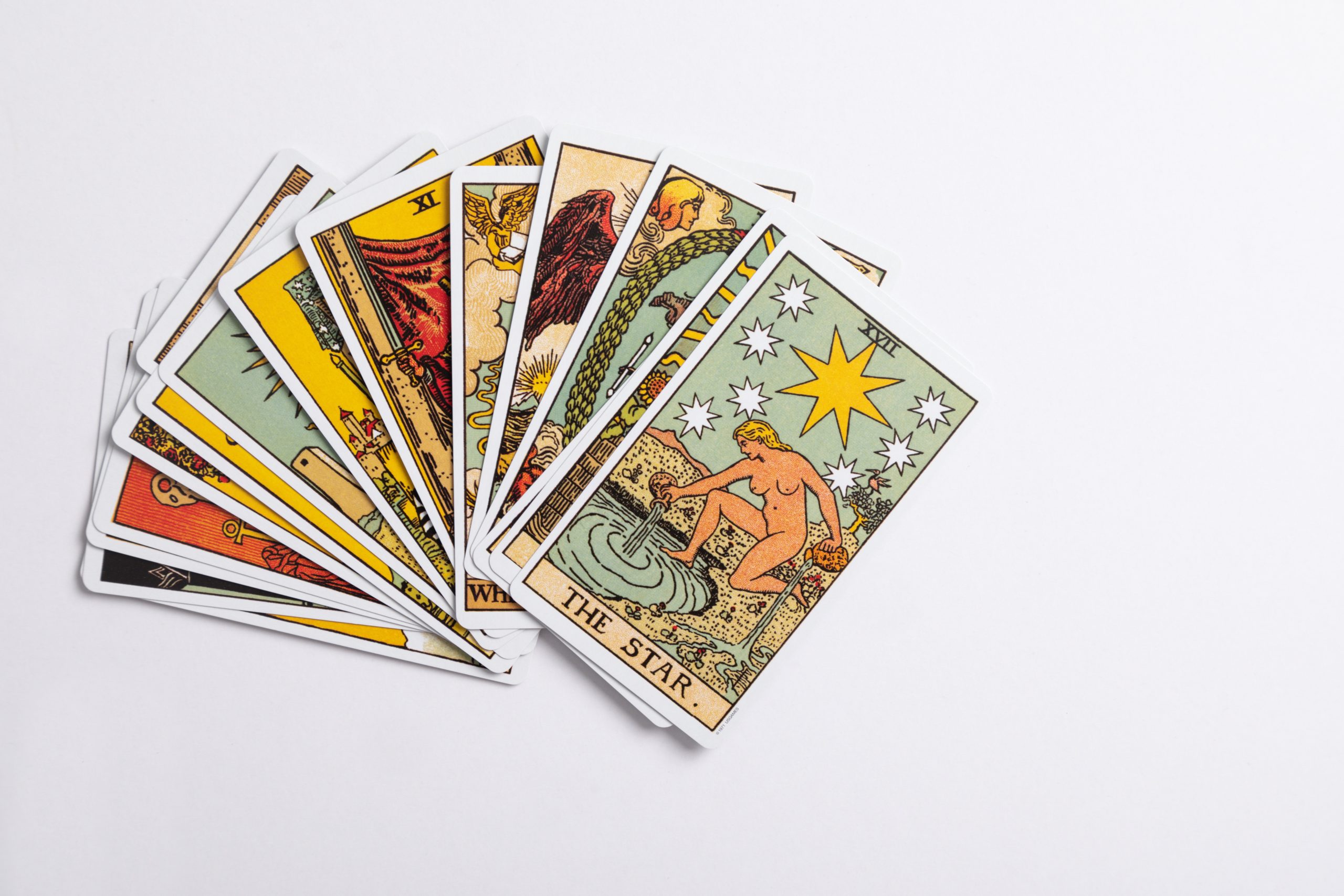Understanding the Full Moon Festival: A Celebration of Tradition and Unity
The full moon has captivated and inspired individuals throughout history. Its luminous presence in the night sky has been the source of countless myths, legends, and cultural celebrations. One such celebration that has gained global recognition is the Full Moon Festival. Also known as the Harvest Moon Festival or Mid-Autumn Festival, it is a time when families come together, communities unite, and traditions are honored.
Origins of the Full Moon Festival
The Full Moon Festival can be traced back over 3,000 years to ancient China. It is believed to have originated during the Shang Dynasty as a way to give thanks for a bountiful harvest and pay homage to the moon. According to Chinese folklore, Chang’e, the Moon Goddess, ascended to the moon and became a deity. The festival is centered around her and a mythical tale of sacrifice and heroism.
Over time, the celebration spread to other East Asian countries such as Vietnam, Korea, and Japan, each adding their own unique customs and traditions to the festival.
Timing and Significance
The Full Moon Festival takes place on the 15th day of the eighth lunar month when the moon is at its fullest and brightest. This usually falls in late September or early October in accordance with the Gregorian calendar. The significance of the festival can be seen in its connection to agriculture, the changing seasons, and the moon’s influence on the earth.
In agrarian societies, the harvest season was a crucial time when crops were gathered, stored, and preserved for the coming winter. The Full Moon Festival served as an opportunity for farmers to give thanks for a successful harvest and pray for future abundance. It marked the end of the agricultural season and the beginning of a period of rest and reflection.
Additionally, the full moon has long been associated with unity, completeness, and the cyclical nature of life. The moon’s waxing and waning phases mirror the cycles of birth, growth, decay, and rebirth. It symbolizes the yin and yang, representing the balance and harmony of the universe.
Traditions and Customs
The Full Moon Festival is characterized by a myriad of traditions and customs that vary across different countries and regions. Here are some of the most notable practices:
Mooncakes: Symbolic Treats
No Full Moon Festival celebration would be complete without mooncakes. These small, round pastries are filled with various sweet and savory fillings and intricately designed with patterns on top. Mooncakes symbolize unity and completeness, with their round shape representing the full moon. They are often gifted and shared among friends and family.
Lanterns: Guiding Lights
Lanterns are a quintessential aspect of the Full Moon Festival and are used to symbolize the illumination and guidance provided by the moon. Elaborate lantern displays can be seen in parks and temples, while children carry lanterns of all shapes and sizes during lantern parades. Lighting lanterns is also believed to ward off evil spirits and bring good luck.
Dragon and Lion Dances: Cultural Performances
Dragon and lion dances are another integral part of the festival, particularly in China and Vietnam. These lively and colorful performances involve dancers maneuvering intricate dragon and lion puppets to the beat of drums and cymbals. The dances are believed to bring blessings, ward off evil spirits, and ensure a prosperous year ahead.
Folklore and Storytelling
The Full Moon Festival is rich in folklore and storytelling. Families gather to share mythical tales, such as the story of Chang’e or the legend of Houyi, the archer who shot down the suns. These stories are passed down from generation to generation, preserving cultural heritage and offering insights into the beliefs and values of ancient civilizations.
Modern-Day Celebrations
While the Full Moon Festival remains deeply rooted in tradition, it has also evolved to accommodate modern-day celebrations and activities. Today, the festival is celebrated not only in East Asia but also in various communities around the world. Major cities host public events that showcase vibrant cultural performances, lantern exhibitions, dragon dances, and mooncake tastings.
In addition to the traditional customs, new traditions have emerged, such as outdoor picnics under the moonlight, writing wishes on lanterns, and creating arts and crafts related to the festival. The Full Moon Festival has become an opportunity for people of different backgrounds to come together, learn about different cultures, and embrace the beauty of diversity.
A Celebration of Tradition and Unity
The Full Moon Festival is a time to celebrate the harvest, honor traditions, and foster unity within families and communities. Its significance reaches beyond cultural beliefs and practices; it is a celebration of the interconnectedness of humanity and the natural world.
As you watch the moon rise in all its splendor and partake in the festivities, take a moment to reflect on the timeless traditions and the universal values of gratitude, unity, and harmony. The Full Moon Festival offers a reminder of our shared humanity and the power of coming together to celebrate our collective heritage.
Table of Contents
